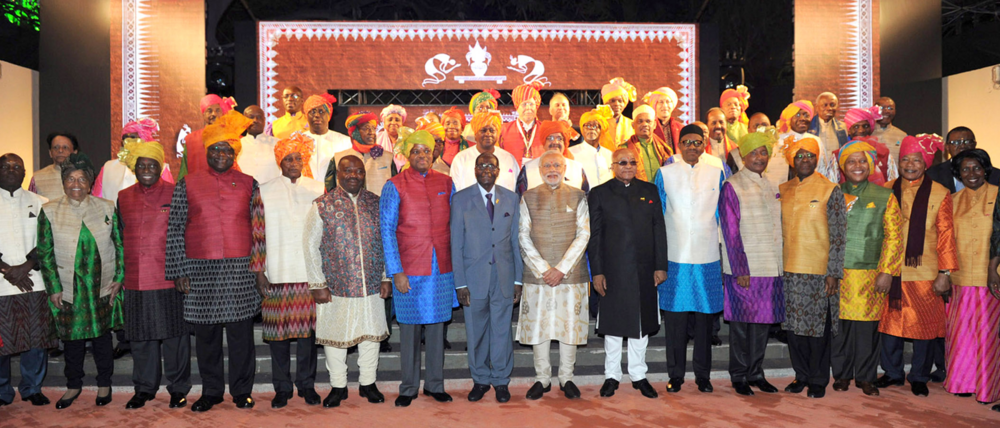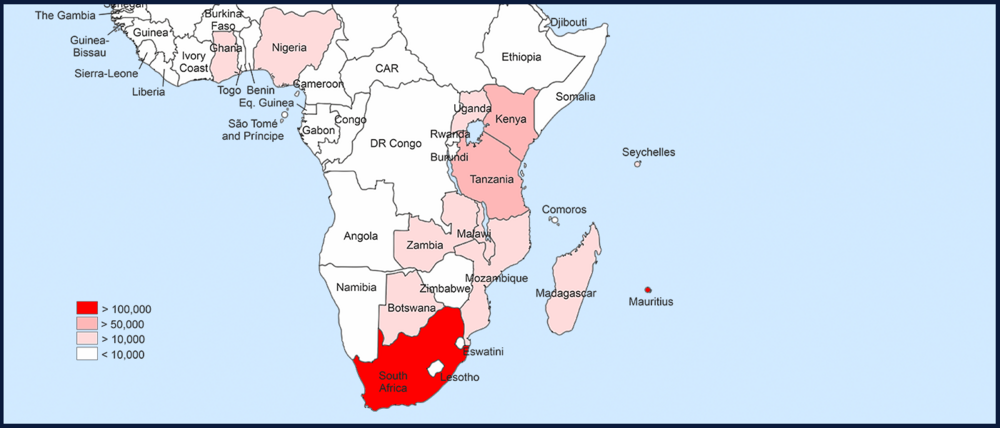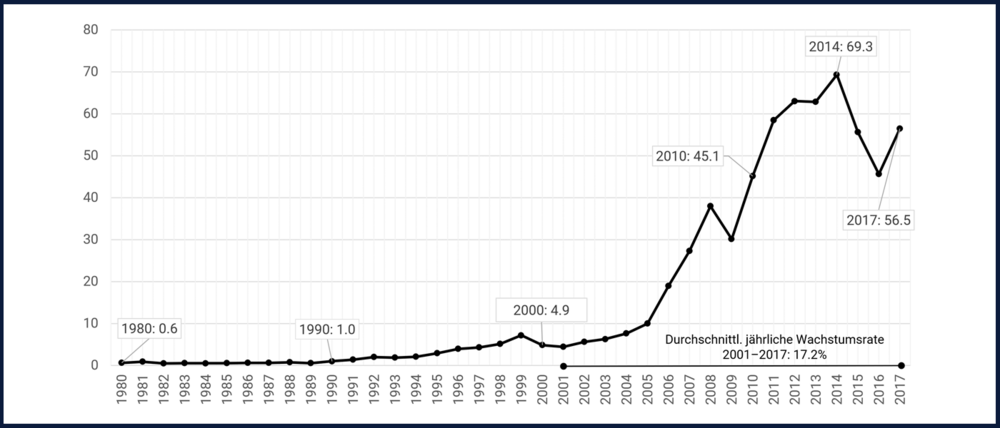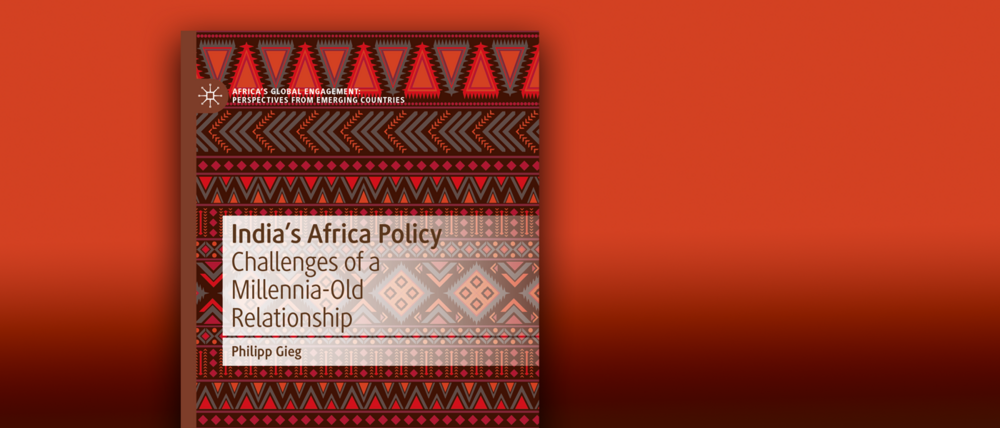India and Africa: Deepening a Millenia-Old Relationship

Africa and India have a common history going back thousands of years, which is still expressed today in the large Indian diaspora in Eastern and Southern Africa. However, these South-South relations are only slowly receiving greater attention in the West. The reason: In the past twenty to thirty years, the volume of trade between Africa and India has multiplied. Today, India is the continent's largest trading partner after China. And Prime Minister Narendra Modi continues to work on deepening relations.
In his dissertation project, Philipp Gieg from the Institute of Political Science and Sociology at the University of Würzburg examined how Indo-African relations have changed since the economic liberalization in India in the early 1990s. While in early history traders crossed the Indian Ocean more than 2000 years ago, the arrival of colonialism brought exploitation and subjugation to both regions. Mahatma Gandhi, who lived in South Africa for many years, became the personification of Indo-African relations, and Indian independence became a model for African liberation movements. Jawaharlal Nehru, India's first prime minister, supported decolonization and the struggle against apartheid from the beginning. In the United Nations and through the Non-Aligned Movement, he strongly positioned India as a champion for the developing world. India earned enormous prestige and a high degree of trust in many African states – in short: soft power.

Second largest trading partner, important investor and lender
During these years, however, relations were primarily political. Economic contacts did not (re)strengthen until the economic liberalization in India in the early 1990s. This had a profound impact on India's foreign trade and investment policy and thus also on its foreign economic policy toward Africa. Today, India is the continent's second most important trading partner; the country regularly grants African states credit lines worth billions, and its pharmaceutical companies dominate many African markets. Conversely, the continent has become increasingly important to the Indian economy, not only because of its dependence on African raw materials (nearly one-fifth of India's petroleum imports and more than one-quarter of its natural gas imports come from the continent), but also because of the burgeoning African sales market.
Expansion of diplomatic and security cooperation
But India-Africa relations are far from limited to economic cooperation. Although the focus is often on increasing bilateral trade and investment, as in the case of Africa-China relations, this focus does not adequately reflect the scope of India's engagement. This is because, in parallel with the rapid development of economic relations, India has deepened its politico-diplomatic relations with African states and the African Union – building on the "political capital" it had saved up in the decades before. In recent years, for example, more than ten new embassies have been opened on the continent.
The African littoral states and island states of the Indian Ocean are also playing an increasingly important role for New Delhi in terms of security policy. The Western Indian Ocean is a primary area of interest for India, which has the ambition of becoming a security provider for the states in the region – also in order to counter China's increasingly aggressive posture. Not least for this reason, Prime Minister Narendra Modi is focusing on expanding the Indian Navy; India's two aircraft carriers and other warships regularly cruise in the Western Indian Ocean.
Delicate balancing act
In his study, Philipp Gieg concludes that the millennia-old partnership has changed a lot – mainly because of the profound change in India's Africa policy in the last two to three decades, which is characterized by economization and later the "modi-fications" by the current Indian prime minister. But this poses enormous challenges for New Delhi, to which India's Africa policy will have to find satisfactory answers.
Can the Emerging Power India, now one of the world's largest economies, still be considered a champion of the Global South? Can a country that is the second-largest trading partner of the entire African continent still convincingly present itself as a developing country that acts on an equal footing with the countries of Africa? The task for New Delhi is to tread the fine line between gaining economic weight and political influence on the one hand and jeopardizing the foundations of this development by losing soft power on the other.
Philipp Gieg's book "India's Africa Policy - Challenges of a Millennia-Old Relationship" has been published by Palgrave Macmillan.
Contact & Links
Dr. Philipp Gieg is Postdoc at the Institute of Political Science and Sociology of the University of Würzburg. His research focuses on Africa's international relations (especially Chinese, Indian, British, EU, and U.S. Africa policy), India's foreign and security policy, and South-South cooperation, global norms, and EU external relations.





